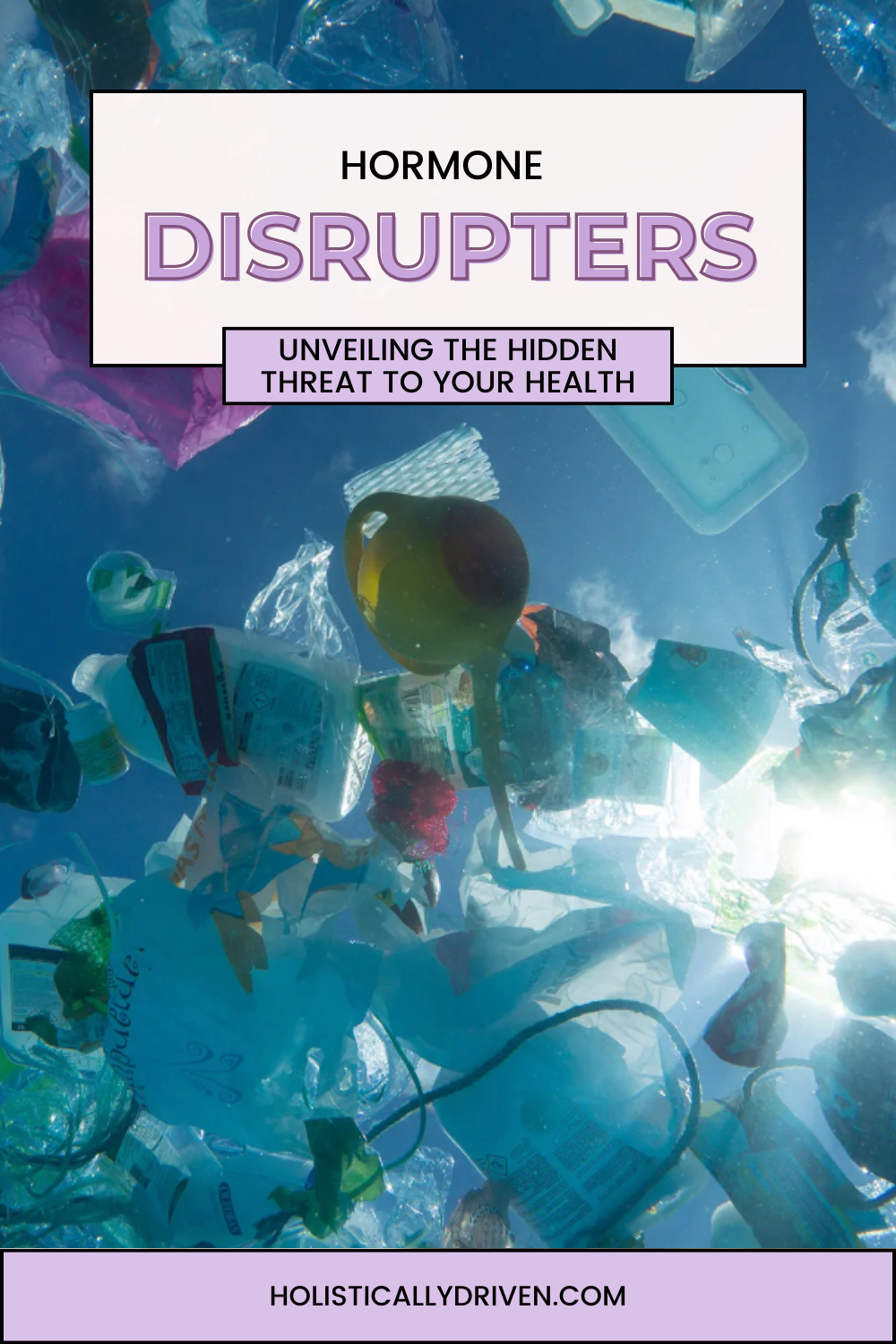Hormone Disrupters: Unveiling the Hidden Threat to Your Health
In the realm of wellness and natural medicine, the term "hormone disrupters" frequently surfaces. From unexplained weight gain to fertility struggles, these disrupters are often blamed for various health issues. Some dismiss them as fiction, while others take a firm stance against them. So, what exactly are hormone disrupters, and should you be concerned about their impact on your health?
📌 Pin this and save it for later!
Defining Hormone Disrupters
Hormone disrupters, or endocrine disrupters, are pollutants that mimic or interfere with the body's natural endocrine system. These pollutants are chemicals in various sources such as food, water, furniture, cosmetic products, fertilizers, and pharmaceuticals. They have the ability to bind to endocrine receptors in the body, and they play a significant role in the development of metabolic syndrome.
The Impact on Health
Metabolic syndrome is an overarching term encompassing unexplained obesity, type 2 diabetes, and fatty liver disease. According to a National Institute of Health article titled "Metabolism Disrupting Chemicals and Alteration of Neuroendocrine Circuits Controlling Food Intake and Energy Metabolism," these chemicals affect fat tissue and the liver.
They can also disrupt gut function and alter the hypothalamic peptidergic circuits, controlling food intake and energy metabolism. In simpler terms, endocrine disrupters infiltrate your body, target fat and liver cells, and bind to hormone receptors, leading to weight gain, insulin resistance, and health issues related to metabolism and gut function.
Furthermore, an imbalanced endocrine system can impact fertility. There is evidence linking the hormone disrupter BPA (commonly found in plastics, hence the "BPA-free" labels on plastic products) to negative effects on ovarian health and its correlation with polycystic ovarian syndrome (PCOS). Studies even suggest that BPA may affect epigenetic mechanisms, altering gene expression and potentially affecting future generations.
Reducing Exposure to Hormone Disrupters:
Endocrine disrupters are a genuine concern and should not be taken lightly. While some exposure is inevitable due to environmental factors, there are steps you can take to minimize your exposure:
Choose Organic: Opt for organic food to reduce exposure to pesticides, herbicides, and chemicals used in industrial farming. Wash fruits and vegetables thoroughly and prioritize organic meat and dairy products.
Avoid Artificial Fragrances: Many perfumes and artificial fragrances contain phthalates, known as hormone disrupters. Use natural perfumes or essential oils instead.
Use Natural Deodorants: Commercial deodorants often contain artificial scents and aluminum, another hormone disrupter. Opt for natural alternatives.
Reduce Alcohol Consumption: Alcohol can disrupt hormone balance in the body. Consider reducing alcohol intake and choosing organic options when you do indulge.
Manage Stress: Prolonged stress elevates cortisol, a stress hormone. Find healthy ways to manage stress to maintain hormone balance.
Watch for Heavy Metals: Heavy metals like lead and mercury can disrupt hormones. Be mindful of potential exposure sources and limit consumption of contaminated seafood.
Promoting Detoxification and Wellness:
In conclusion, the toxic burden from environmental factors can affect our health. However, our bodies are resilient, and we can take steps to reduce exposure and support our natural detoxification processes. If you suspect prolonged exposure to toxins, consider consulting a natural health provider for detoxification guidance.
Remember that maintaining good hydration, healthy eating habits, and lifestyle choices can go a long way in protecting your health.
Photo by Brett Jordan on Unsplash
References:
Emanuele MA, Wezeman F, Emanuele NV. Alcohol's effects on female reproductive function. Alcohol Res Health. 2002;26(4):274-81.
Liu D, Shi Q, Liu C, Sun Q, Zeng X. Effects of Endocrine-Disrupting Heavy Metals on Human Health. Toxics. 2023;11(4):322. doi: 10.3390/toxics11040322.
Marraudino M, Bonaldo B, Farinetti A, Panzica G, Ponti G, Gotti S. Metabolism Disrupting Chemicals and Alteration of Neuroendocrine Circuits Controlling Food Intake and Energy Metabolism. Front Endocrinol (Lausanne). 2019;9:766. doi: 10.3389/fendo.2018.00766.
Srnovršnik T, Virant-Klun I, Pinter B. Polycystic Ovary Syndrome and Endocrine Disruptors (Bisphenols, Parabens, and Triclosan)-A Systematic Review. Life (Basel). 2023;13(1):138. doi: 10.3390/life13010138.




